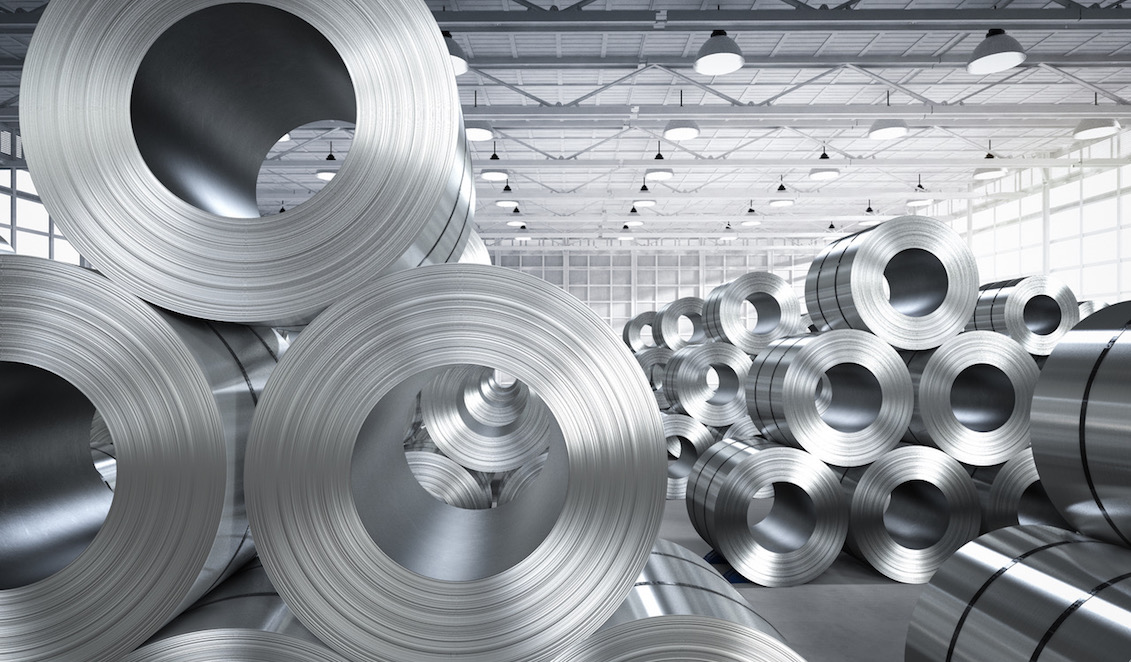
Will Trump's new tariffs lead to a new world order?
President Donald Trump's impulsiveness is showing again, hitting some of the strongest allies of the United States with tariffs on steel and aluminum.
President Donald Trump has fulfilled his word once again, eroding international politics more and more, as well as the American position in the world order.
According to what Secretary of Commerce Wilbur Ross announced Thursday, new tariffs will increase the cost of steel and aluminum imports by 25 percent and 10 percent respectively, which will affect trade relations with Mexico, the European Union, and Canada.
After the initial announcement of the new measures in March, Trump said he would "grant exceptions" to those commercial allies that could reach an agreement that would "benefit" the United States before Friday, June 1.
Without a permanent solution to the presidential whims—which rally against the "exploitation" of the American economy—the new rates have become official.
"We take the view that without a strong economy, you cannot have strong national security," Ross told reporters.
The immediate consequences of the decision were the increase in U.S. steel and aluminum stocks, which "benefit from the penalties against their foreign competitors," CNN Money explained. However, fears of a possible trade war have increased and the Dow fell by about 200 points.
While the presidential campaign has been fueled by the rhetoric of "America first" and the promise of more jobs, the decision of the administration will only benefit specific industries such as steel, while affecting negatively chemical manufacturers, brewers, automotive businesses and the clothing industry, "taking more jobs in other parts of the economy for every job saved or created in the production of metals," the Washington Post explained.
These types of negotiations are not only unforeseen but also perceived with great fear by trade experts. For Rufus Yerxa, director of the National Council of Foreign Trade and former negotiator for the United States, the administration "has thrown the book of rules in commerce".
Similarly, economist Douglas Irwin explained to the Post that "it’s unprecedented to have gone after so many U.S. allies and trading partners, alienating them and forcing them to retaliate.”
RELATED CONTENT
This type of response was soon heard when the European Union announced that it will impose measures "on a number of imports from the United States," including the list of susceptible goods that was published in March when Trump made his first warning. These goods include bourbon and Harley-Davidson motorcycles.
In the same vein, the Mexican government announced that it would "impose import taxes on U.S. exports of pork bellies, apples, cranberries, grapes, certain cheeses and various types of steel."
For its part, Canada decided to impose a surcharge of $12.8 billion on steel, aluminum, coffee, sweets, pizza, and quiche.
But beyond being an exchange of impositions and threats, the move by the U.S. government is perceived as "a dangerous game," which directly affects the economic recovery of Europe, the heaviest counterpart in international politics.
"Illegal," "absurd" and "dangerous" have been the adjectives used by experts in the field to describe the U.S strategy. For Gareth Stace, head of the trade body UK Steel, tariffs "are no way to treat your friend".
However, the long-term consequences could change the balance, especially if the warnings of economists become reality: the United States could lose up to 470,000 jobs in the long run, weaken its economy and its well-being, and leaving those who continue to play as a team with the advantage in the game.











LEAVE A COMMENT: